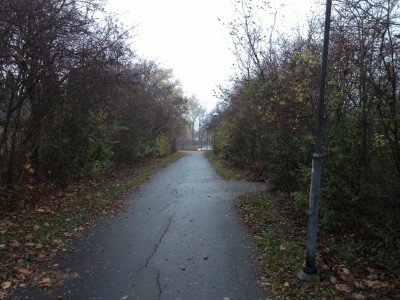(to myself and others)
Michel de Montaigne:
The frontiers of our research are lost in dazzling light. Plutarch, writing of the fountain-heads of history, says that when we push our investigations to extremes, they all fall into vagueness, rather like maps where the margins of known lands are filled in with marshes, deep forests, deserts and uninhabitable places. That explains why the most gross and puerile of rhapsodies are to be found among thinkers who penetrate most deeply into the highest matters: they are engulfed by their curiosity and their arrogance.
The beginnings and the ends of our knowledge are equally marked by an animal-like stupor: witness Plato’s soarings aloft in clouds of poetry and the babble of the gods to be found in his works. Whatever was he thinking about when he defined Man as an animate creature with two legs and no feathers? He furnished those who wanted to laugh at him with an amusing opportunity for doing so. For, having plucked a live capon, they went about calling it `Plato’s man’. [1]
 Detail of Carta Marina by Olaus Magnus (1539)
Detail of Carta Marina by Olaus Magnus (1539)
Tomas Tranströmer:
The truth is there on the ground
but nobody dares take it.
The truth lies on the street.
Nobody makes it his own. [2]

[1] From Apologie de Sebond in the Essais (1580/1589). Translation to English by M. A. Screech, Penguin Books (1987).
[2] From the poem Air Mail in the collection För levande och döda (1989). Translation to English by Don Coles in the collection For the Living and the Dead, Buschek Books (1996).

